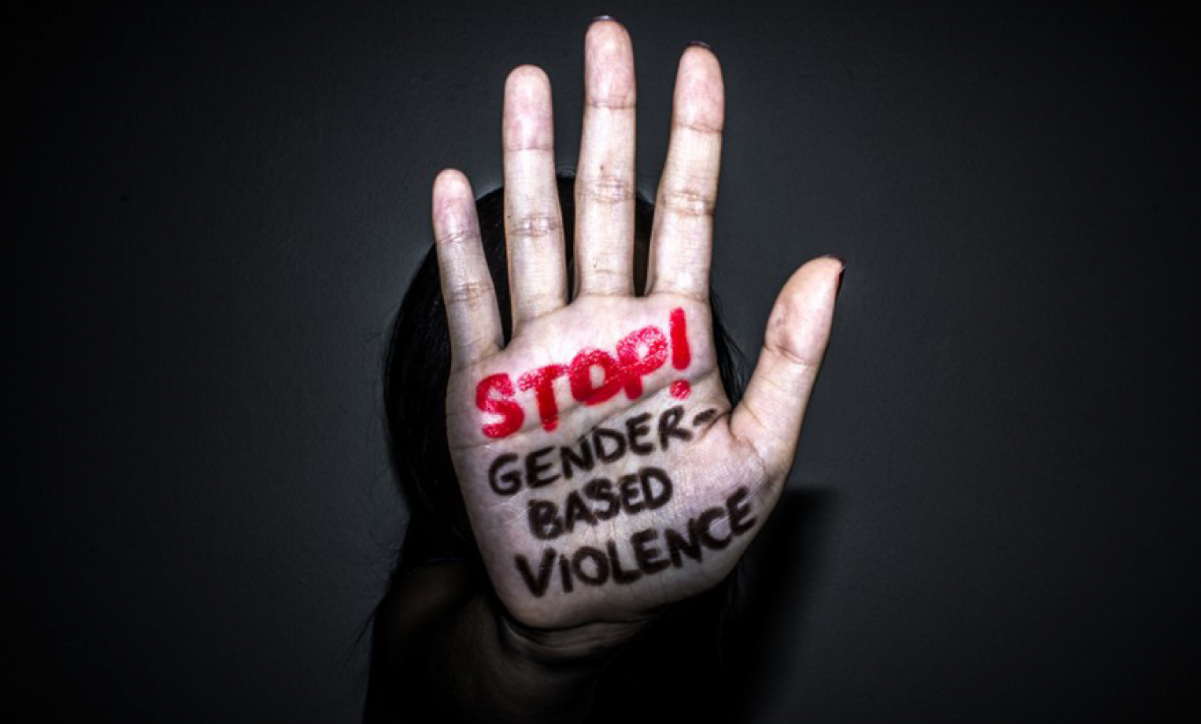MORE than $140million in foreign aid has been poured into Fiji’s gender-based violence (GBV) response since 2016, but key voices remain missing from the conversation.
That’s the assessment of Avelina Rokoduru, whose doctoral study warns the national strategy is failing to engage iTaukei men — the country’s primary perpetrators of intimate partner violence.
“Fiji has a comprehensive response strategy that includes laws, policies, and directives,” she wrote. “However… these were declared ineffective by Fiji’s Prime Minister Sitiveni Rabuka and the Minister for Women, Sashi Kiran, after the death of three more women in a single weekend,” she said in the study.
Funded through the New Zealand Postgraduate Development Field Research Award, the study found iTaukei men are deeply disconnected from the current national GBV response which is framed through feminist and human rights approaches.
According to Ms Rokoduru, these approaches fail to reflect the lived realities of many indigenous Fijian men.
“Participants viewed the introduction of gender and GBV laws unfavourably… enforced upon them, with little consultation.
“The lack of male representation in the national response is a recurring concern.”
Led by the Ministry of Women, Children and Social Protection, Fiji’s GBV response has been backed by major development partners including Australia, New Zealand, the European Union, the World Bank and Asian Development Bank.
Ms Rokoduru said the State’s focus on victims, while necessary, has left a gaping hole in services and interventions for perpetrators.
“There is little GBV perpetrator data coordination between agencies like the Fiji Bureau of Statistics, the Fiji Police Force, and the Office of the Director of Public Prosecutions.”
Only two of those institutions publicly provide offender data, and even then, it is incomplete and inconsistently defined, she says.
“A national GBV response which develops, gathers, and uses data for everyone affected – victims, survivors, perpetrators – is required for Fiji.”
She also warned that the assumption that gender and GBV concepts are universally understood and accepted in Fiji is flawed.
“The explanation that patriarchy and men’s hunger for power are causes of GBV in Fiji… is Western in nature.
“No studies have been conducted in Fiji to inform that assumption.”
Ms Rokoduru is calling for an urgent, independent review of the national response and a new national study — 15 years after the last was conducted — to assess behavioural change.



